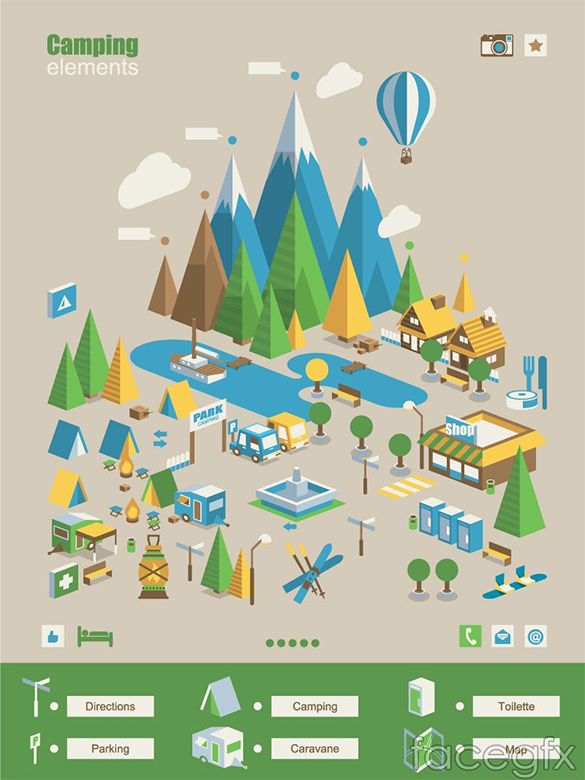The most effective season for stargazing is in winter, when the main part of the galaxy becomes visible. The evenings are longer, the air is drier, and there are less synthetic lights to interfere with your view of the stars.
How do you waterproof a bell tent?
Appreciating the daydreaming experience is even far better when the moon is new (or in a crescent stage) for optimal presence.
1. Look Up
Daydreaming is the act of just seeking out. It can involve determining constellations, understanding lunar stages, or simply delighting in the elegance of our universe. Many individuals enjoy the experience by just existing back and observing the night skies, yet you can also use tools like telescopes and binoculars to see more detail.
Prior to daydreaming, find a dark area that is devoid of light pollution (such as a backwoods or state park). Inspect the weather forecast to make sure clear skies, and try to go on a new moon night. The moon will certainly wash out the pin pricks of celebrities and can be sidetracking.
Consider taking along a red-filtered flashlight, a monitoring log, and a planisphere to make the most of your stargazing time. You can even download and install a stargazing application to help you start.
2. Take a Deep Breath
The star-studded skies are thrilling, fostering a feeling of question our location in the universe. Stargazing can also be an exceptionally interesting task to do with loved ones. Urge friends and family to detach from their electronic devices and focus on each other underneath the celebrities.
Attempt spotting constellations, like Orion's Belt or the Big Dipper. Or utilize the stars as a giant unnoticeable blackboard, mapping their routes with your finger. You can also find celestial landmarks by using an app or web site to track overpass of the global spaceport station and satellites.
Remember to keep your eyes safeguarded from light contamination by leaving your phone in a risk-free area, shutting off your flashlight or staying clear of brighter source of lights (also evening setting). For a a lot more immersive experience, consider camping in a dark spot away from cities and communities.
3. Relax
Whether you're a beginner or a seasoned stargazer, the right approach to this serene hobby can elevate your experience. Here are some tips for appreciating your evening under the celebrities:
Put in the time to acquaint on your own with constellation patterns, and take into consideration utilizing a telescope or field glasses for more improved viewing. Ensure you dress warmly and pick an area far from light air pollution for ideal outcomes.
Be gotten ready for long stretches of stargazing by bringing snacks like granola bars or fruit, and a thermos filled with a hot drink. Likewise make sure to bring insect repellent to prevent getting bitten.
After arriving at a dark skies area, shut off any type of flashlights or phone screens and allow your eyes to readjust for around thirty minutes. This process is called dark adaptation and will aid you see extra celestial objects.
4. Get in touch with Nature
Stargazing requires a little bit of prep work, consisting of finding dark sky areas and learning more about constellations and various other celestial sensations. Yet it can likewise be a very relaxing and healing task, particularly when done in a tranquility and relaxed setting away from the lights of city roads and cars and trucks.
Try to visit an area where there's very little light contamination, such as a national park or a location far from the city. This will certainly make it much easier to see the stars.
It's an excellent concept to bring some snacks and luxury big camping tents a thermos of hot delicious chocolate, particularly if you plan to avoid for a long period of time expecting meteor showers or lunar eclipses. If you're really feeling chilly, a covering or jacket can help maintain you warm.
5. Get in touch with Yourself
The stargazing experience can be a deeply soothing, mindful intermission away from the frantic speed of life. If your mind wanders, bring it back to your breathing and focus on the views, sounds and experiences of the moment.
If you're intending to spend a long time outside, bring treats and beverages. Additionally consider bringing a chair or covering so you can stay comfy for hours each time.
Additionally, keep in mind to bring a red flashlight. This aids protect night vision and makes reviewing a star map or planisphere easier. If you wish to see the International Space Station, or any other satellites and celestial objects, check online before your journey to find out when they're flying expenses. Also, think about seeing during a new moon or a crescent moon stage to see more of the celebrities.
Are Bell tents waterproof?
